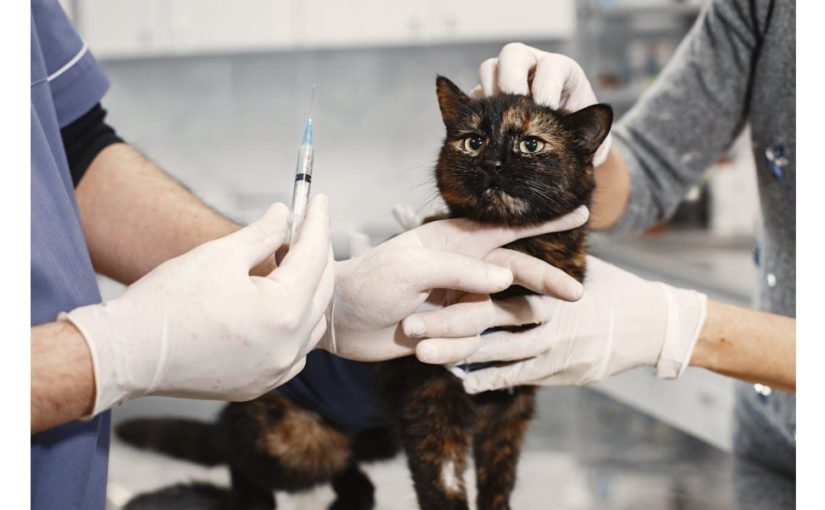As pets age, their health needs shift. What worked for a bouncy puppy or kitten may not suit a senior companion dealing with slower recovery times or underlying health conditions. Vaccines remain important, but older pets often benefit from a more personalized strategy that considers their unique circumstances.
Here are five health-focused adjustments to help you care for your aging pet while keeping them protected.
Customize Vaccination Schedules
Not every pet needs the same vaccines at the same intervals. For older animals, a one-size-fits-all schedule may not make sense. Some vaccines can be spaced out further or even skipped if your pet’s lifestyle doesn’t expose them to certain risks.
For example, an indoor cat with no contact with other animals may not need frequent boosters for diseases spread through outdoor exposure. Talk with your vet about which pet vaccinations are truly necessary based on your pet’s age, health, and living situation.
Pawrade and other resources emphasize that tailored schedules can reduce unnecessary stress on aging immune systems.
The Role of Titers
Titers are blood tests that measure the level of antibodies in your pet’s system. They show whether your pet still has immunity from past vaccines, which can help you decide if a booster is needed.
This option is especially useful for older pets who may not tolerate vaccines as easily. Instead of administering a shot every year, a titer test can confirm whether your pet still has adequate protection. Not all vets offer titers for every vaccine, but it’s worth asking about, particularly for core vaccines like rabies or distemper.
Lifestyle and Environmental Considerations
Your pet’s daily routine plays a big role in determining vaccine needs. A dog who frequents dog parks or boarding facilities faces different risks than one who stays home most of the time. Similarly, a cat who ventures outdoors encounters more potential pathogens than one who never leaves the house.
Think about where your pet spends time and what they’re exposed to. If your older pet has become more of a homebody, you may be able to reduce certain vaccines without compromising their safety. On the other hand, if they still socialize regularly, keeping up with certain boosters may remain important.
Nutrition and Immune Support
A strong immune system starts with good nutrition. Older pets often need diets that support joint health, digestive function, and immune response. High-quality protein, omega-3 fatty acids, and antioxidants can help keep their defenses strong.
Some pets benefit from supplements designed to support immune function, especially if they have chronic conditions. Always check with your vet before adding anything new to your pet’s diet. Proper nutrition won’t replace vaccines, but it can help your pet’s body respond better to them and recover more smoothly.
Monitor for Adverse Reactions
Older pets may be more sensitive to vaccines than younger ones. Side effects like lethargy, mild fever, or soreness at the injection site are common and usually resolve quickly. However, more serious reactions can occur, especially in pets with compromised health.
Keep an eye on your pet after they receive a vaccine. If you notice signs like:
- Persistent vomiting or diarrhea
- Swelling or hives
- Difficulty breathing
- Extreme lethargy lasting more than a day
Contact your vet right away. Knowing your pet’s history of reactions can help your vet decide whether to premedicate before future vaccines or adjust the schedule.


